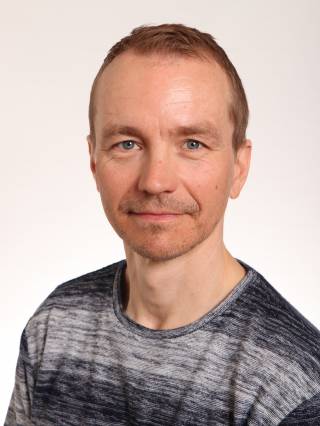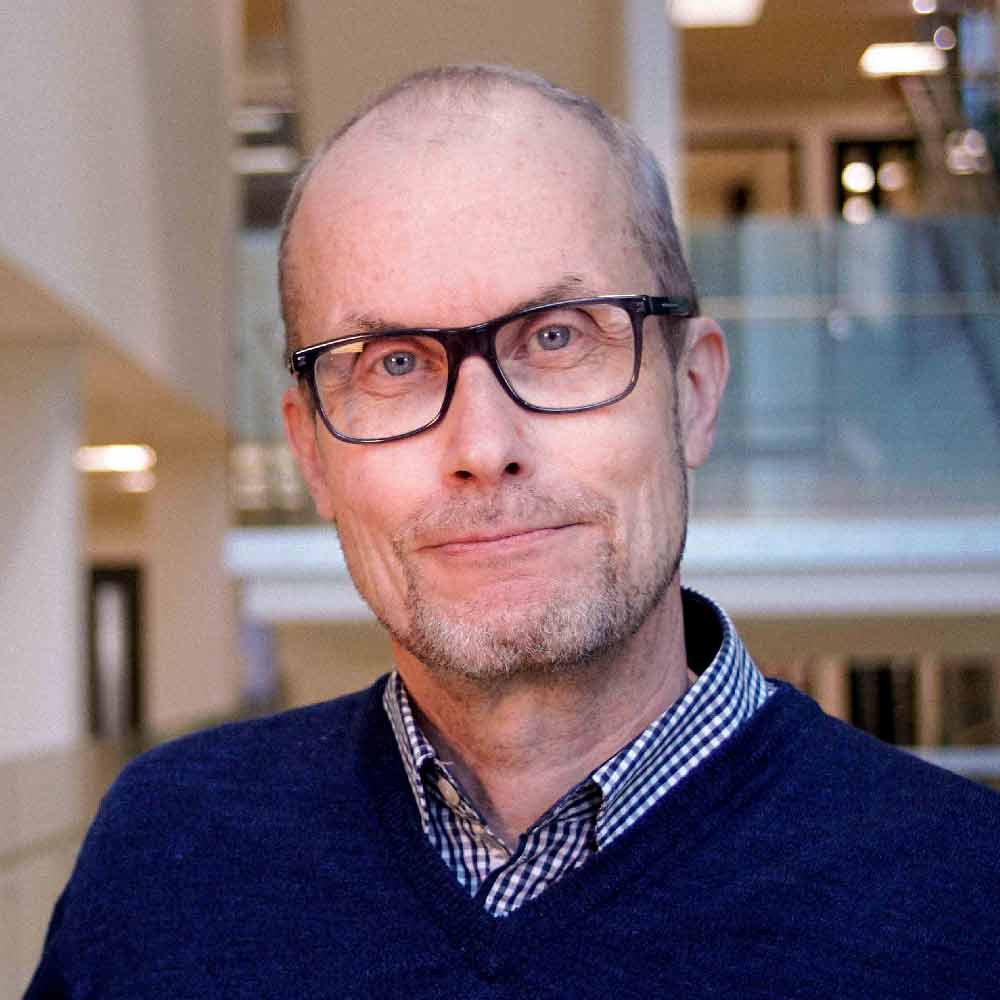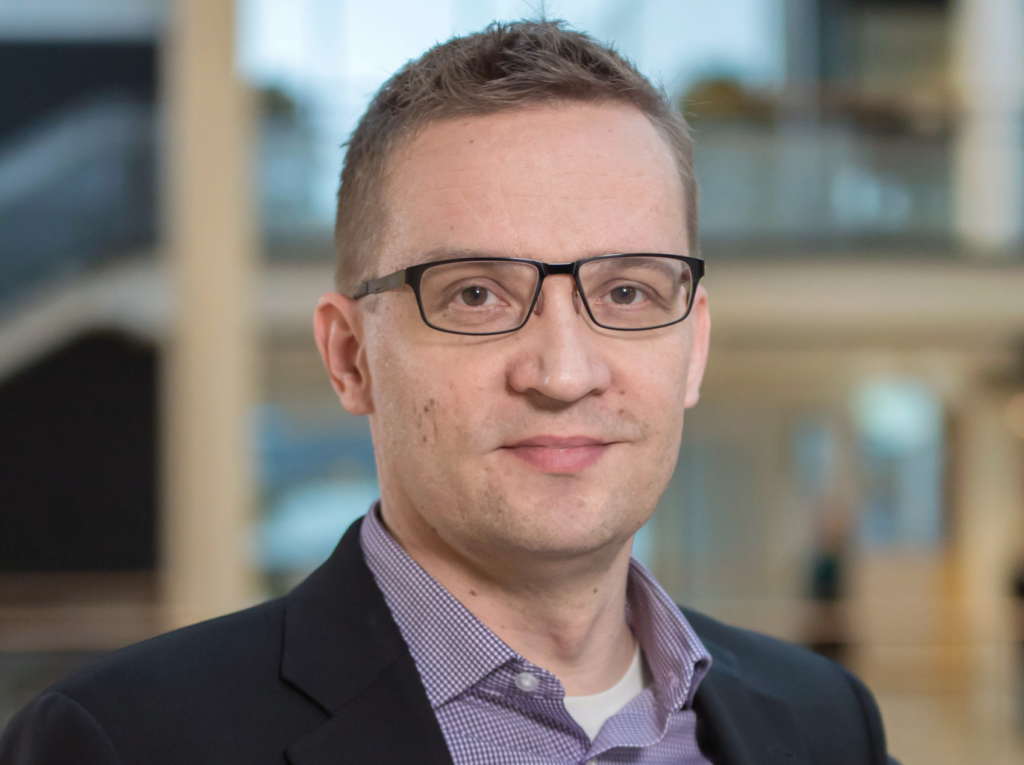Tampere University is one of the most multidisciplinary universities in Finland bringing together research and education in technology, health, and society. The University is known for its excellence in teaching and research, and it collaborates with hundreds of universities and organisations worldwide. The University community consists of 21,000 students and over 4,000 staff members from more than 80 countries.
Role in the project
VIROLOGY GROUP
Professor Heikki Hyöty’s group has a long experience from studies evaluating the role of microbes in the pathogenesis of type 1 diabetes, and interactions between microbes and the immune system.
Alongside coordinating and managing ENT1DEP, Hyöty’s group also conducts studies related to enteroviral detection and antibody responses, as well as innate immune marker analyses and cell stimulation studies in the project.
https://research.tuni.fi/virology
INTESTINAL SIGNALLING AND EPIGENETICS GROUP (ISE)
Adj. Prof. Keijo Viiri’s group has a long experience on various intestinal organoid models and their applicability to model and execute functional studies in e.g. celiac disease. ISE has also experience in virus infection on human intestinal organoids and their single cell RNA sequencing analyses. Work also entails genome-wide transcriptomic and spatial transcriptomics studies in gluten-induced enteropathies. ISE also provides the Adult Stem Cell Organoid Core service which by accommodating expertise and equipment for growing, genetically engineering, infecting, etc. human and mouse intestinal organoid.
In the ENT1DEP project the group is the work package leader in WP2 steering the work in the theme “Determinants of enterovirus infection at the primary replication site”
https://www.tuni.fi/fi/tutkimus/intestinal-signalling-and-epigenetics
COMPUTATIONAL BIOLOGY GROUP
Project coordinator Professor Matti Nykter’s group develops algorithms and computational models for biomedical applications. The group favors a data-driven approach which often begins with the acquisition of high throughput genomic, epigenomic, transcriptomic and/or proteomic data. The group then analyses the data computationally in an effort to better understand the biological processes and networks driving a disease or phenotype. The generated hypotheses are then validated and refined in collaboration with experimentally inclined research groups. Computational Biology group is part of Academy of Finland Center of Excellence in Tumor Genetics.


